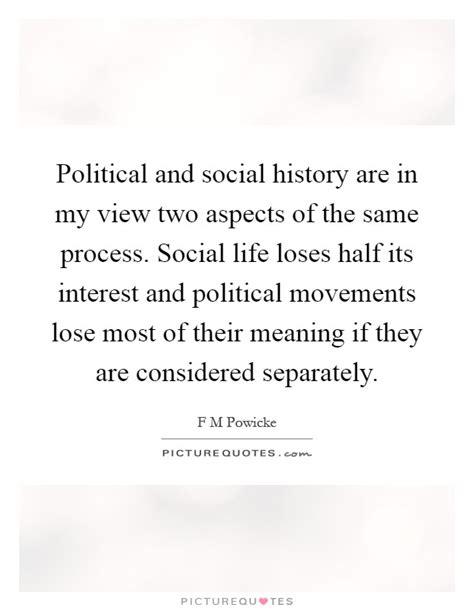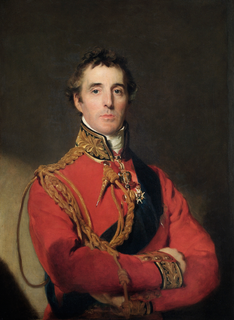A Quote by Francis Bacon
Antiquities are history defaced, or some remnants of history which have casually escaped the shipwreck of time.
Related Quotes
Antiquities, or remnants of history, are, as was said, tanquam tabula naufragii: when industrious persons, by an exact and scrupulous diligence and observation, out of monuments, names, words, proverbs, traditions, private records and evidences, fragments of stories, passages of books that concern not story, and the like, do save and recover somewhat from the deluge of time.
What would happen if history could be rewritten as casually as erasing a blackboard? Our past would be like the shifting sands at the seashore, constantly blown this way or that by the slightest breeze. History would be constantly changing every time someone spun the dial of a time machine and blundered his or her way into the past. History, as we know it, would be impossible. It would cease to exist.
The settler makes history and is conscious of making it. And because he constantly refers to the history of his mother country, he clearly indicates that he himself is the extension of that mother country. Thus the history which he writes is not the history of the country which he plunders but the history of his own nation in regard to all that she skims off, all that she violates and starves.
Some people have criticized the United States and the United States military for guarding oil fields and not guarding the Iraqi National Museum which had priceless antiquities in it. They say that this shows a fundamental lack of respect for Iraqi history. I want to remind those people of this: The oldest relics in the museum, 5,000 or 6,000 years old. That oil is 65 million years old. You had to guard that. ... Those antiquities will only last another 5,000 or 6,000 years. When we burn that oil, those fumes will linger long after.
The history of a battle, is not unlike the history of a ball. Some individuals may recollect all the little events of which the great result is the battle won or lost, but no individual can recollect the order in which, or the exact moment at which, they occurred, which makes all the difference as to their value or importance.









































